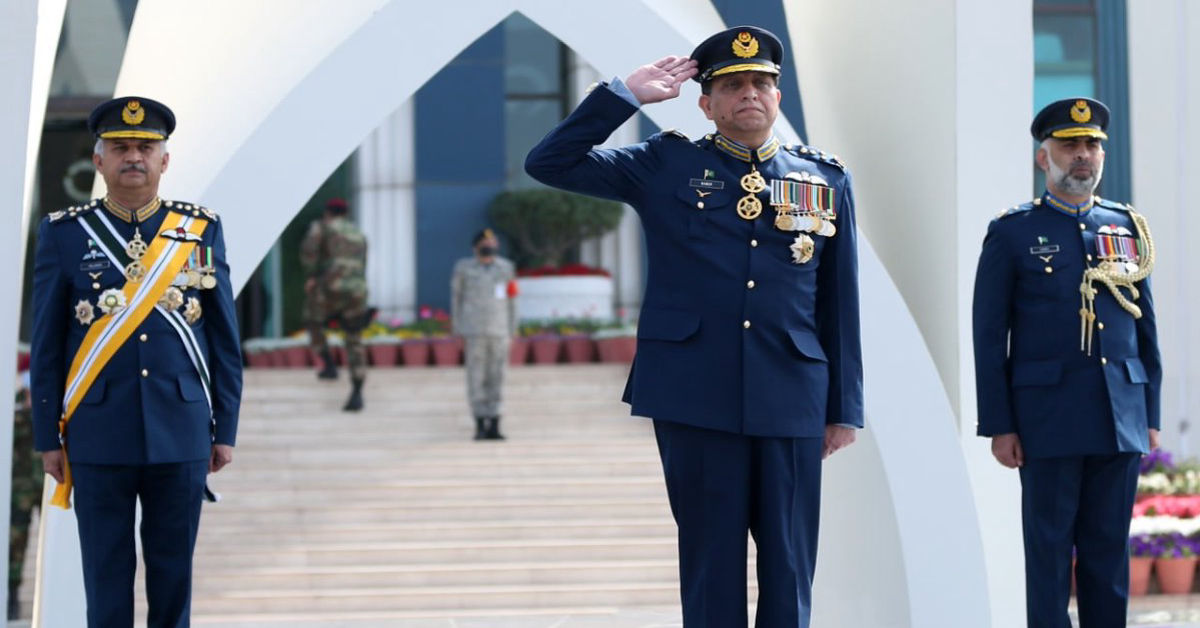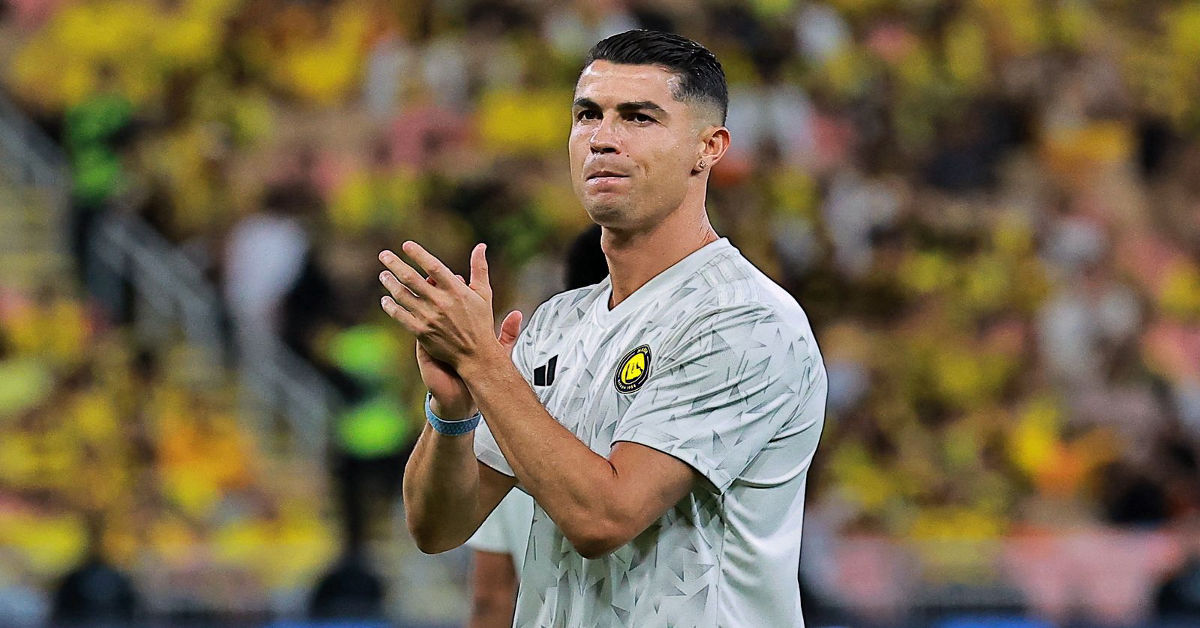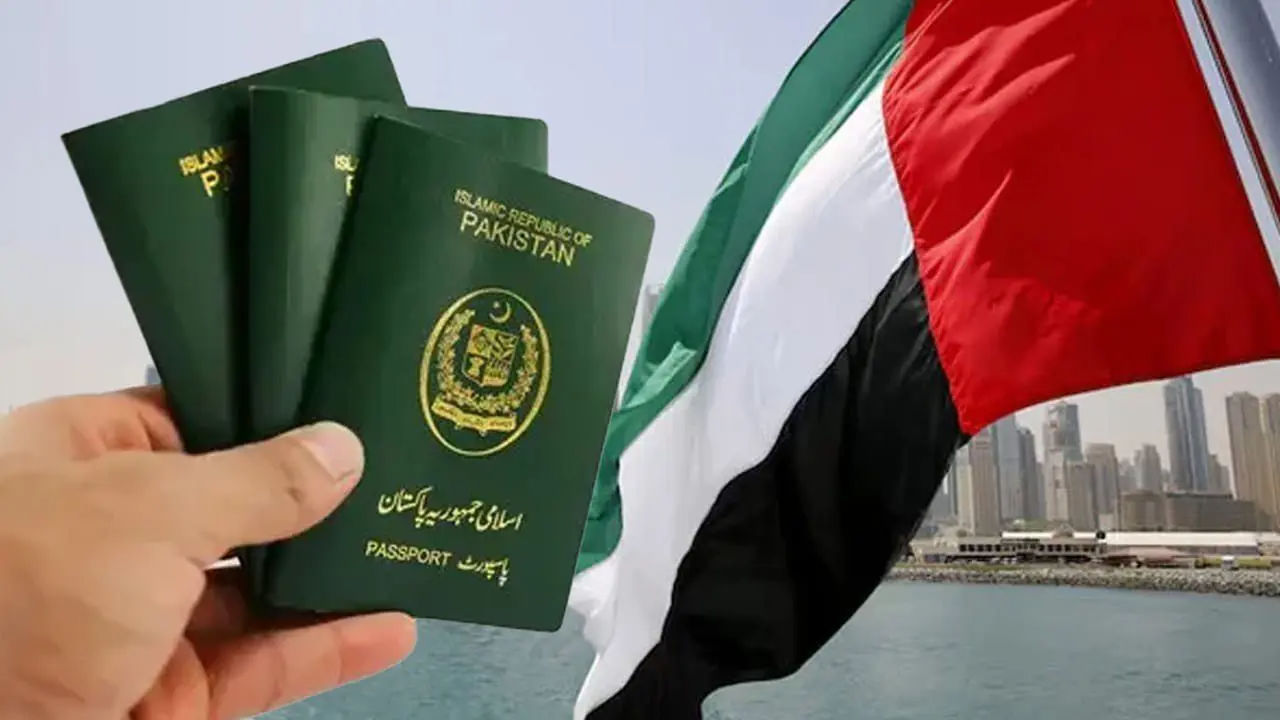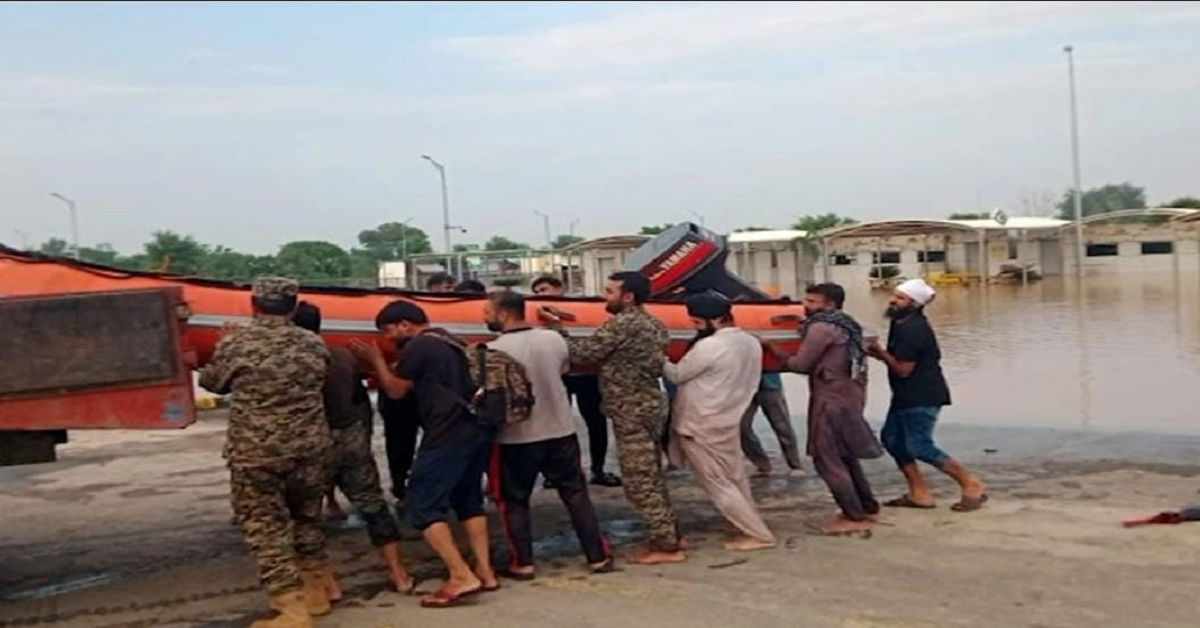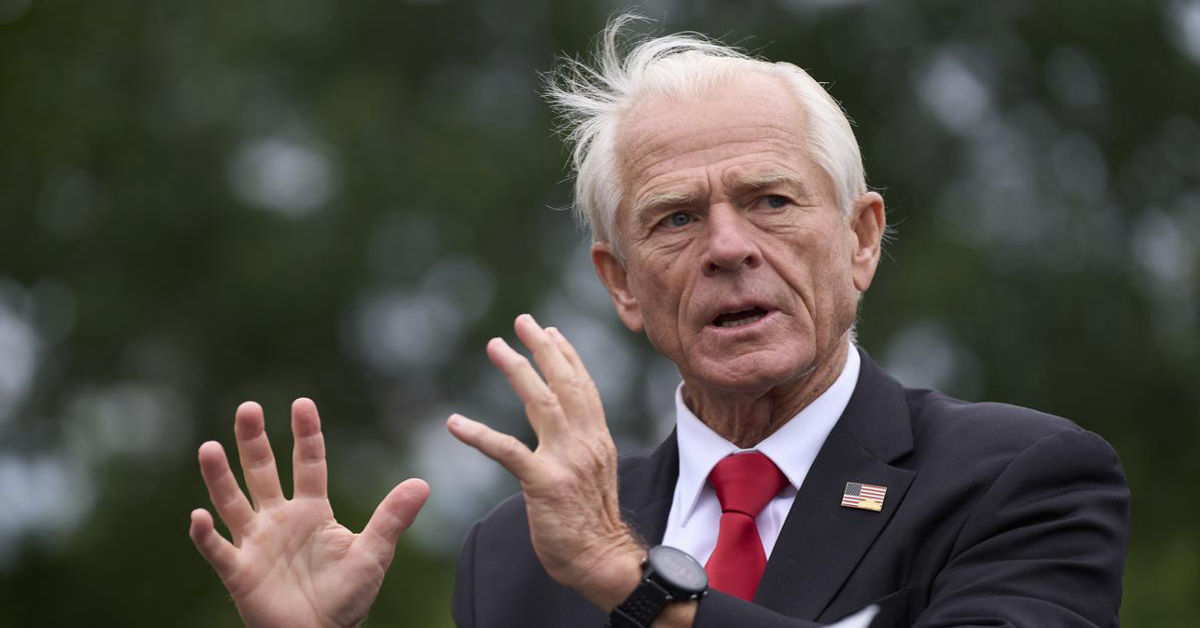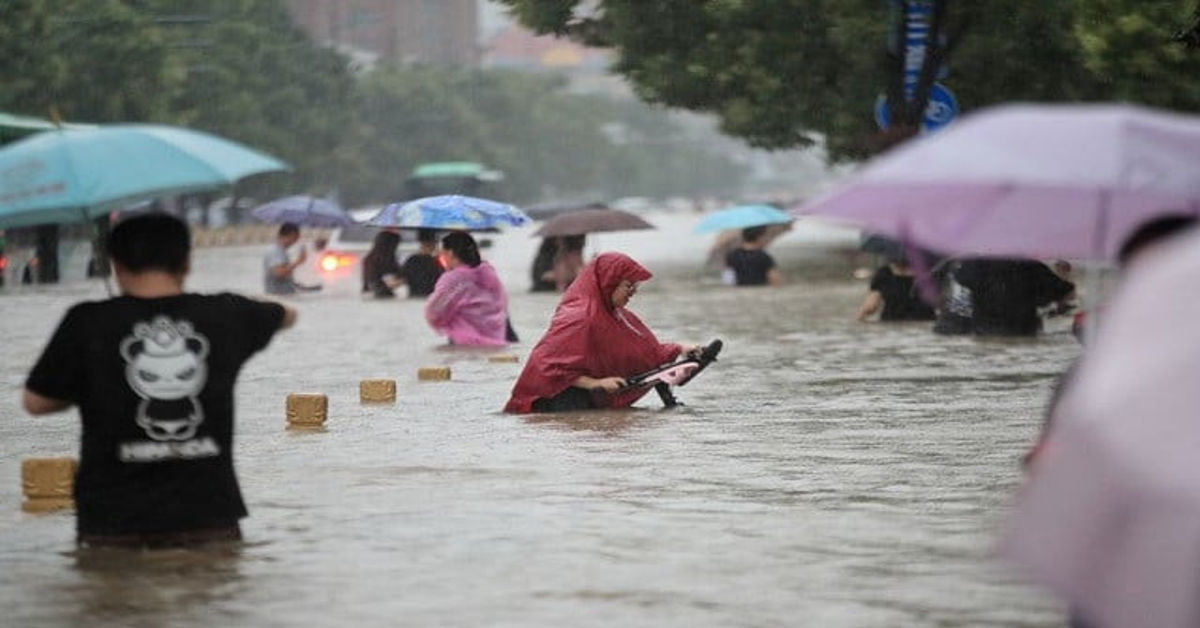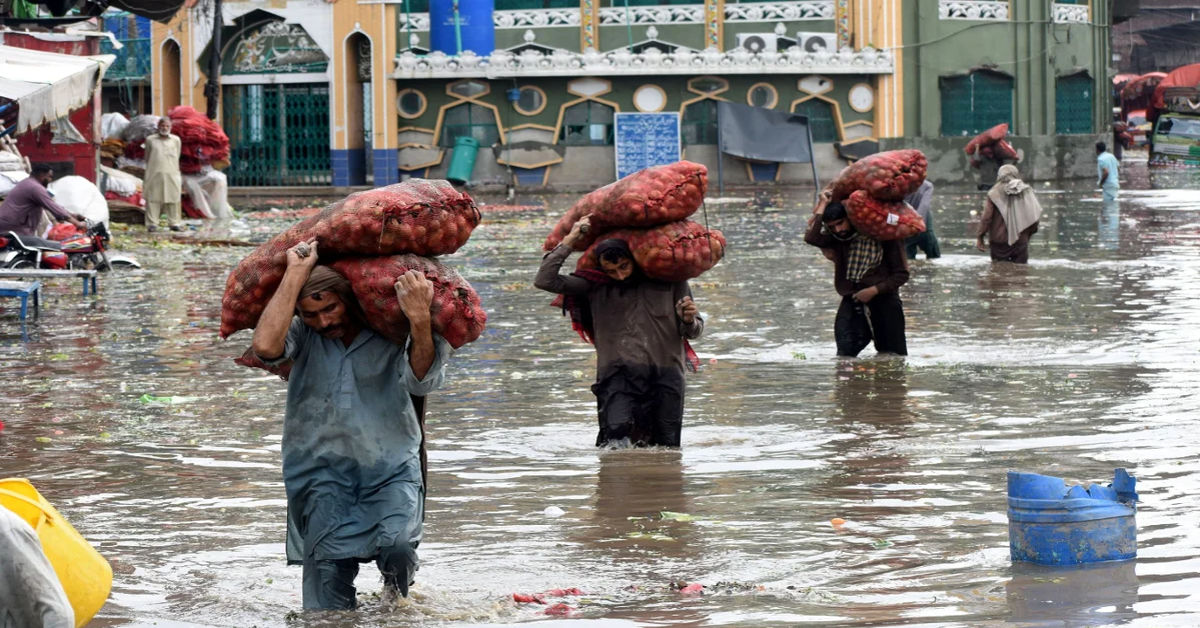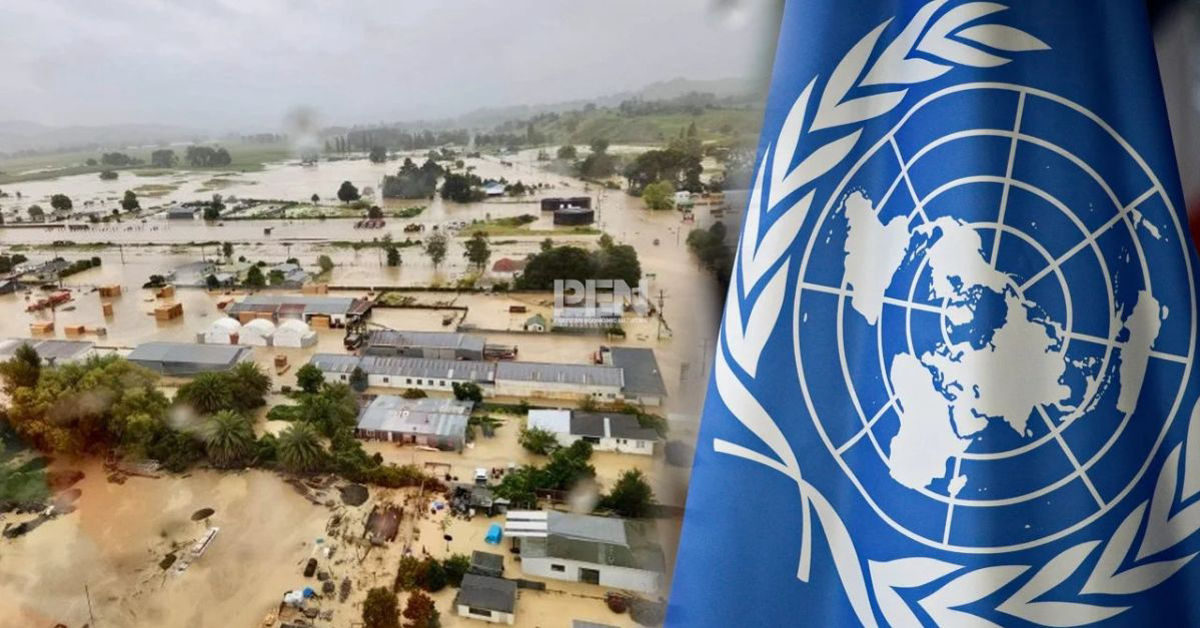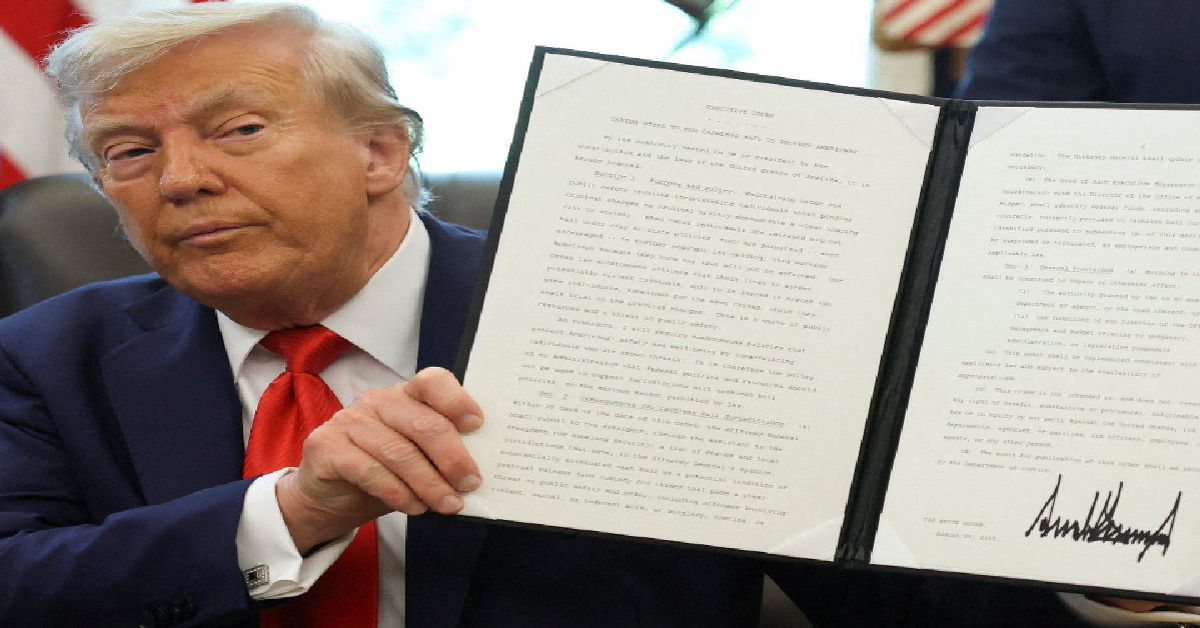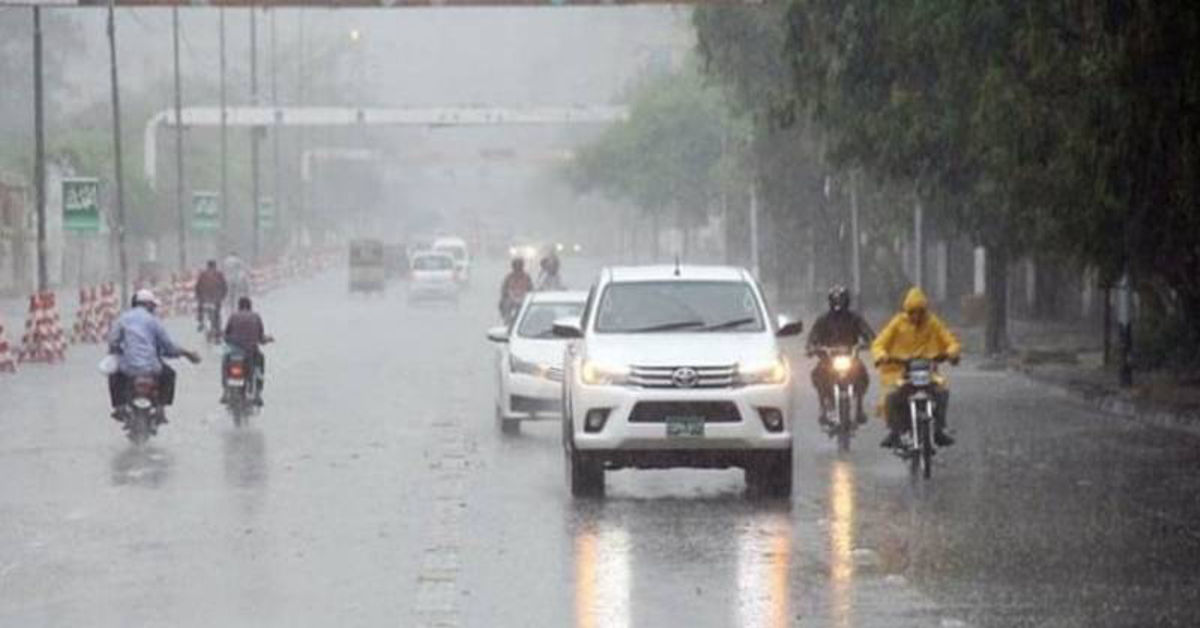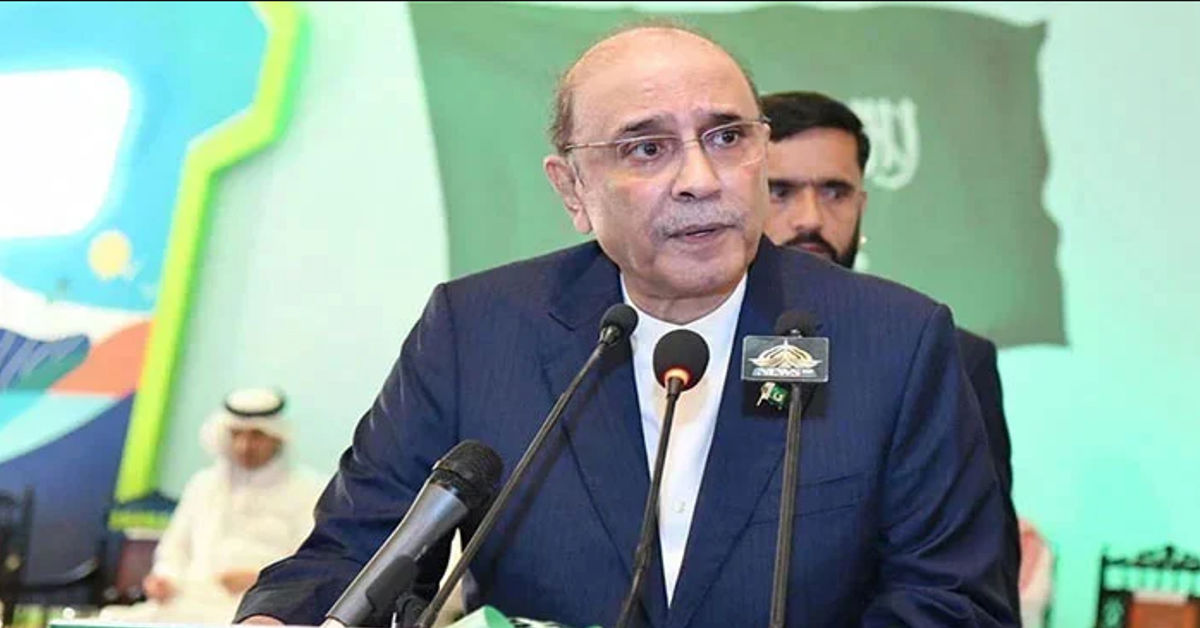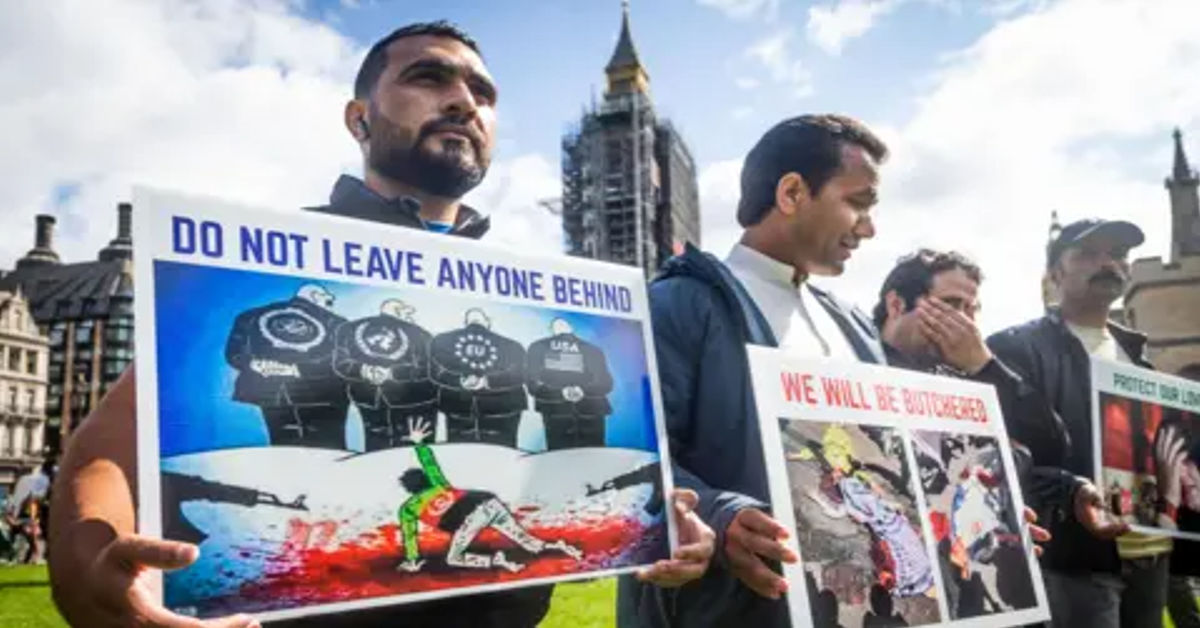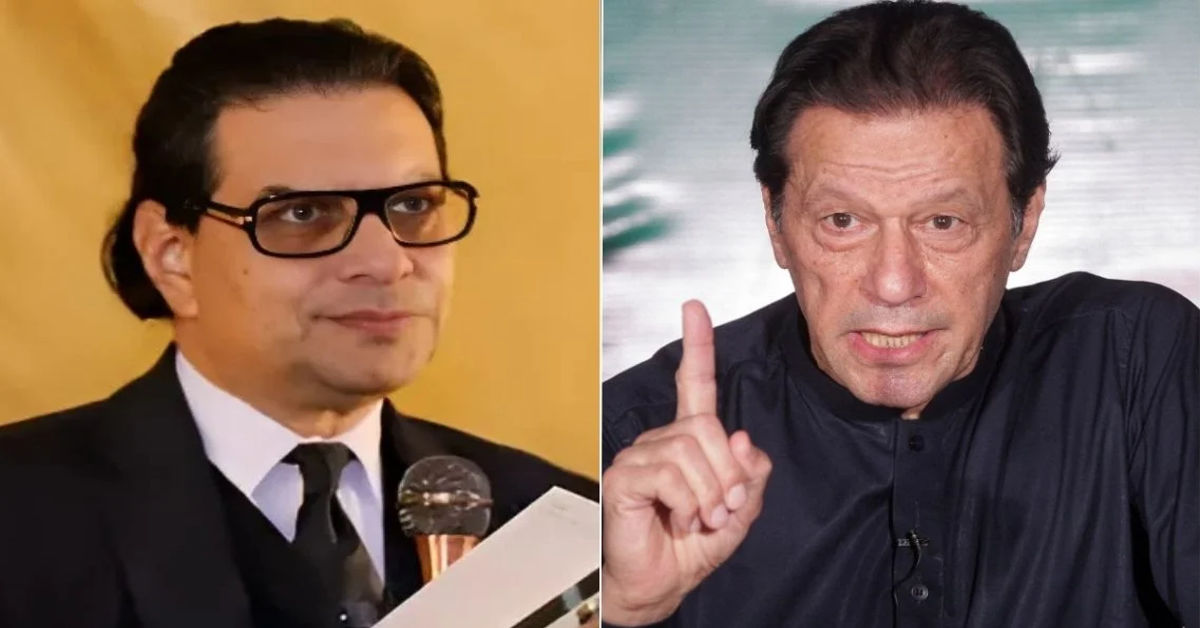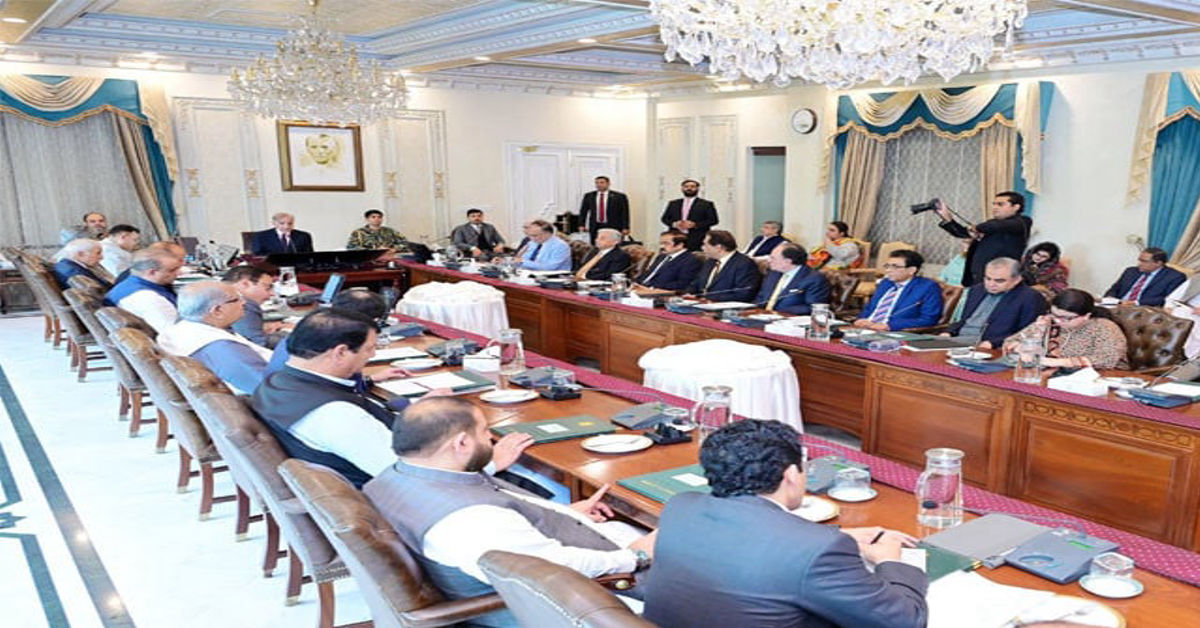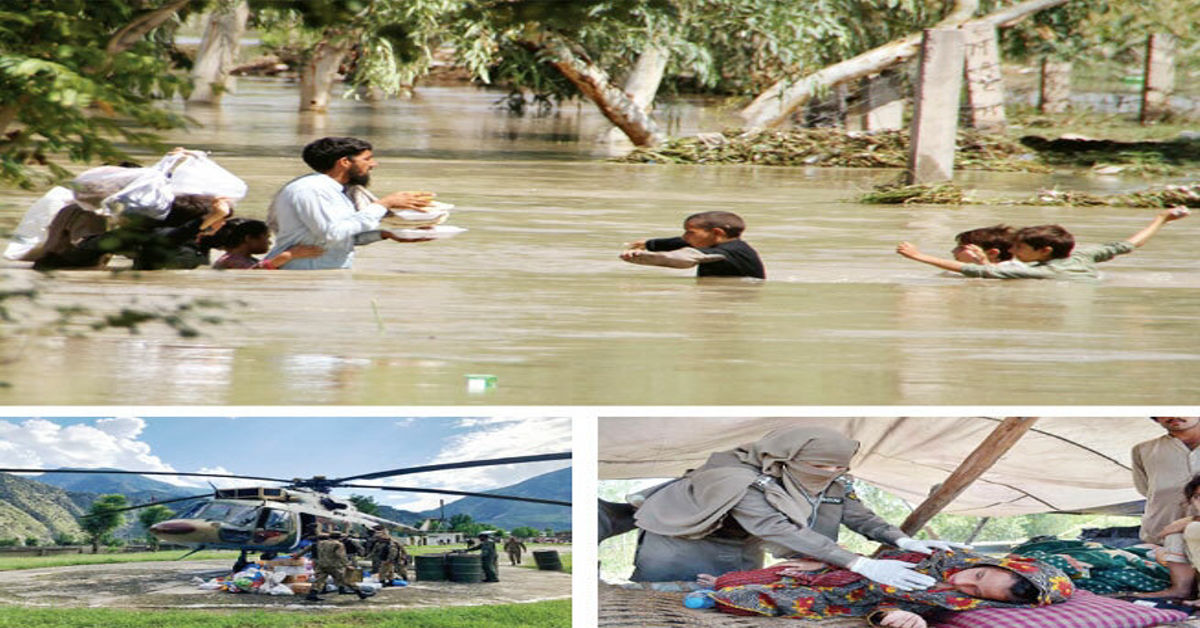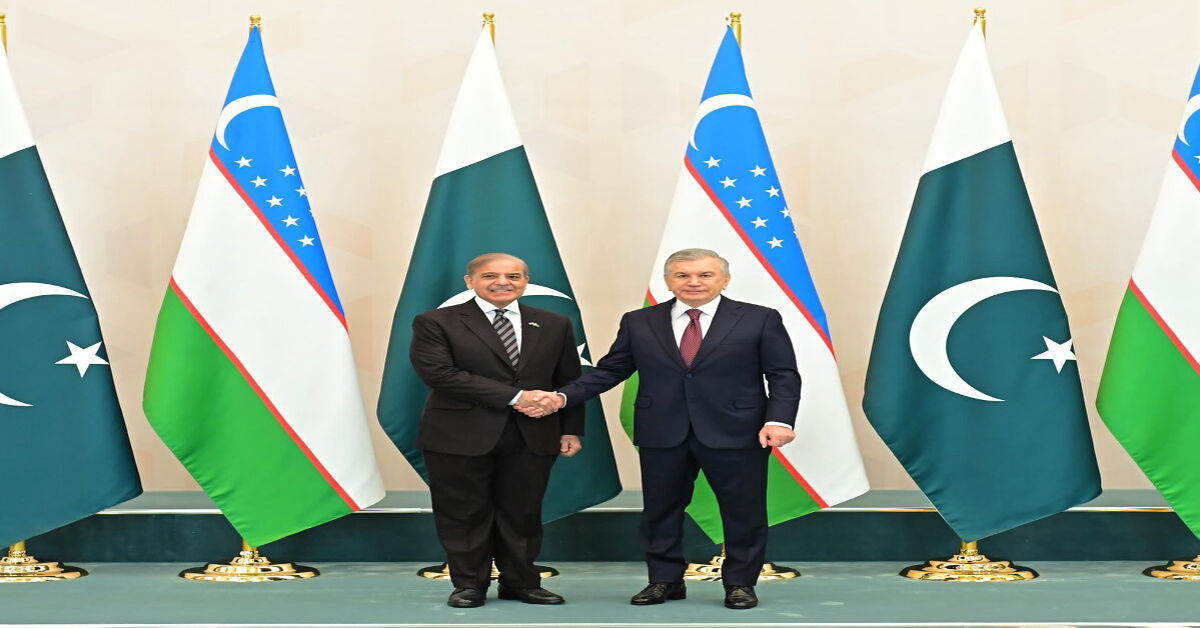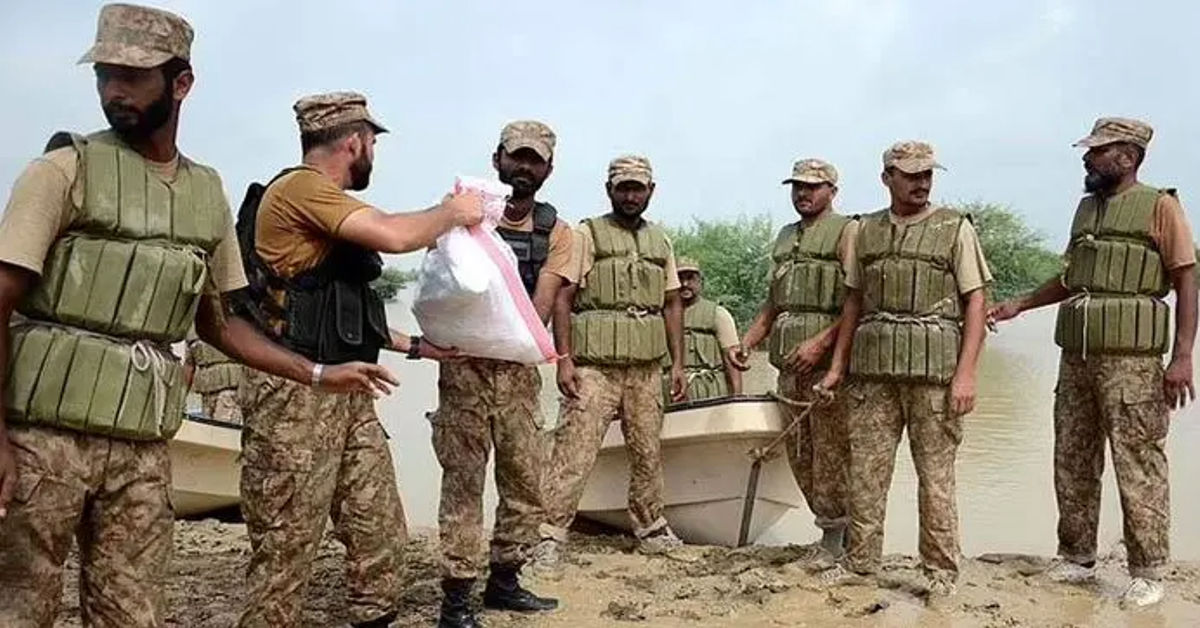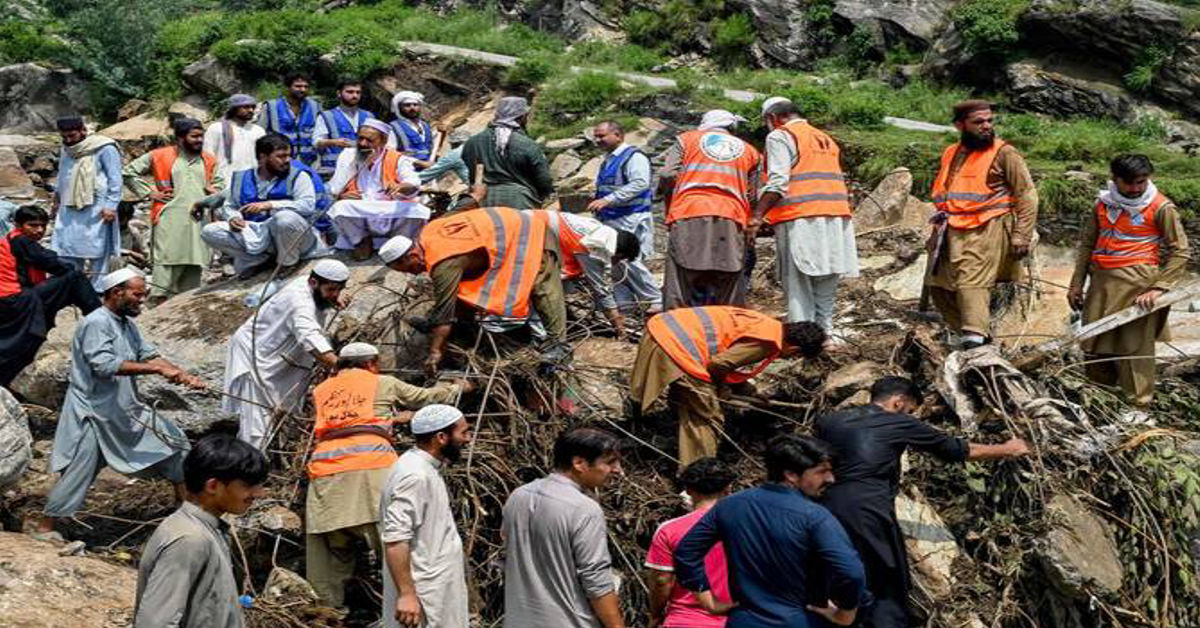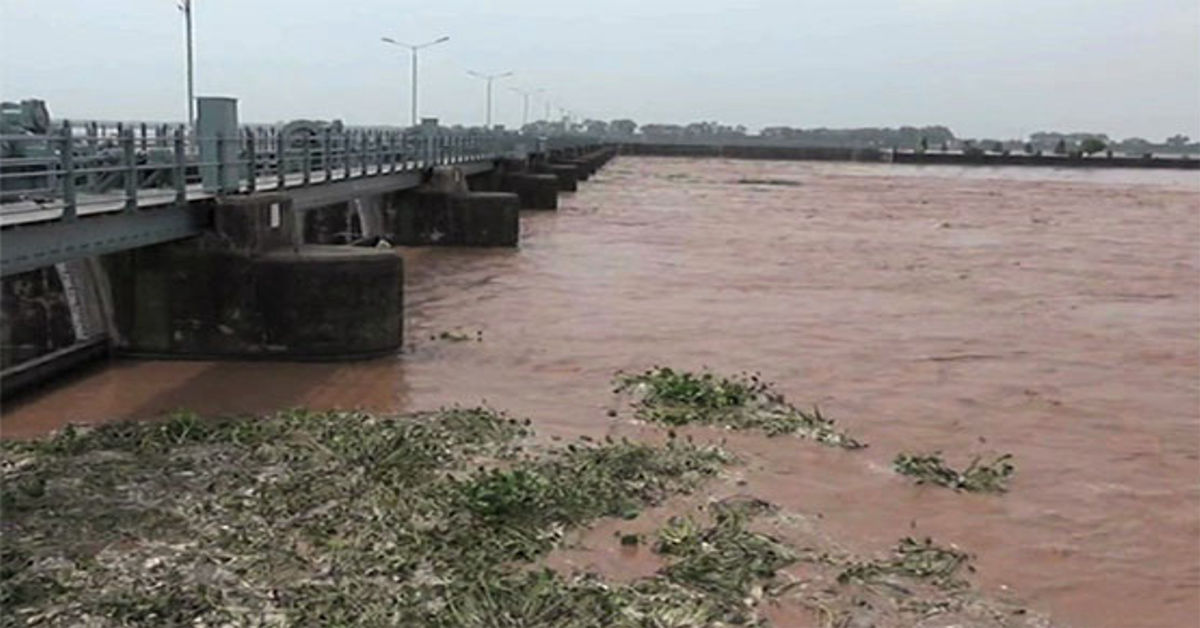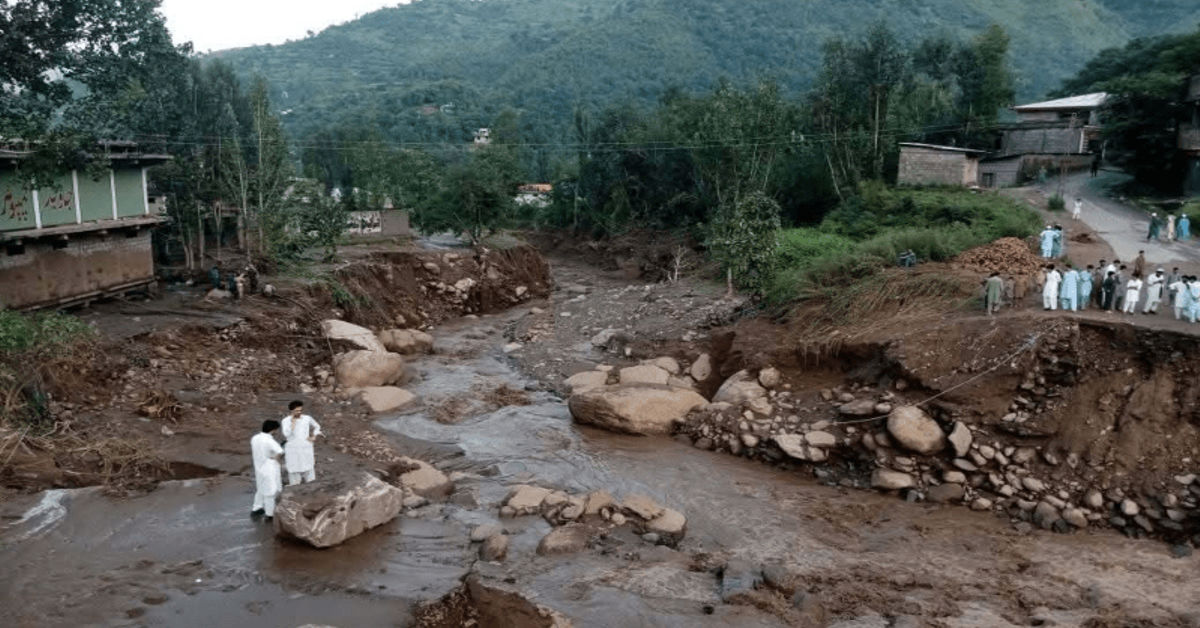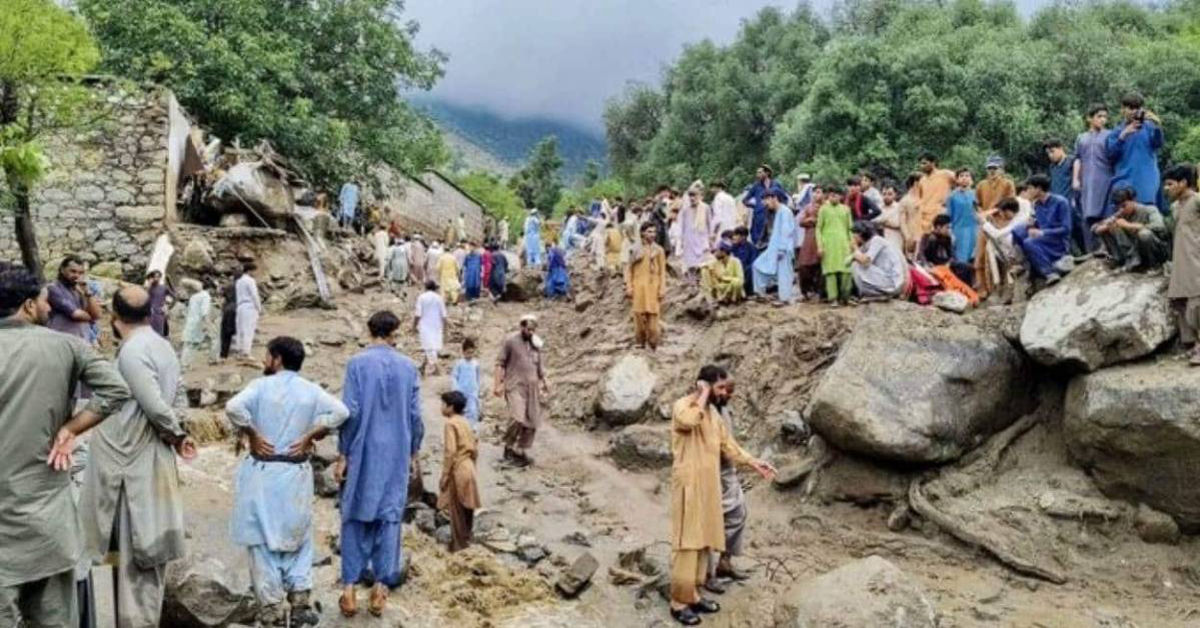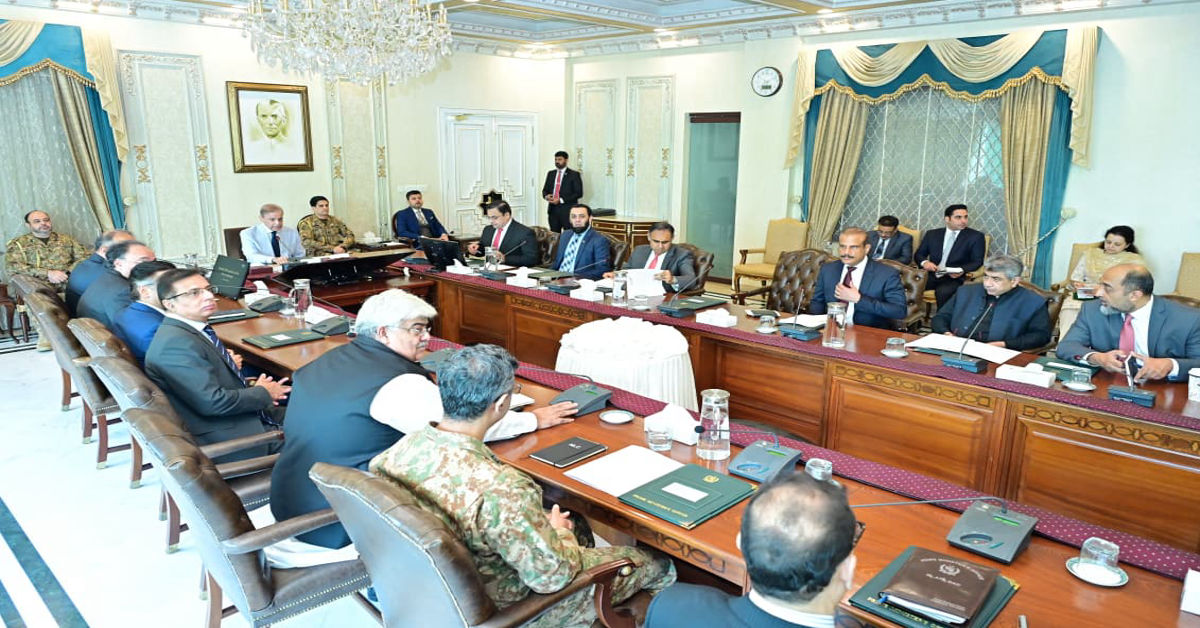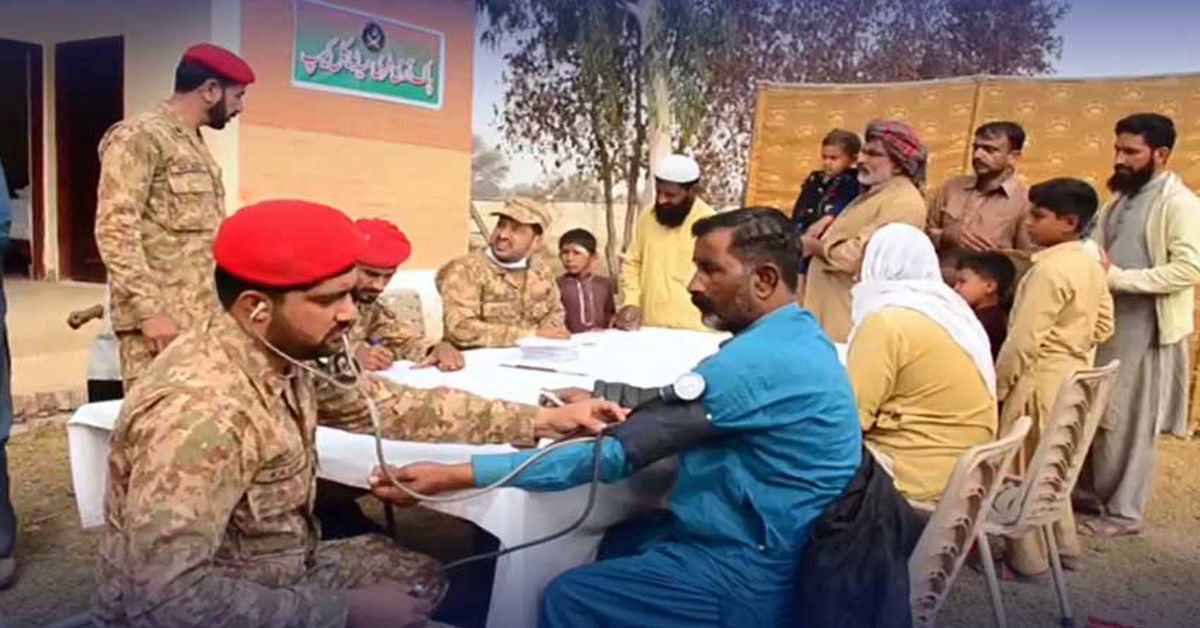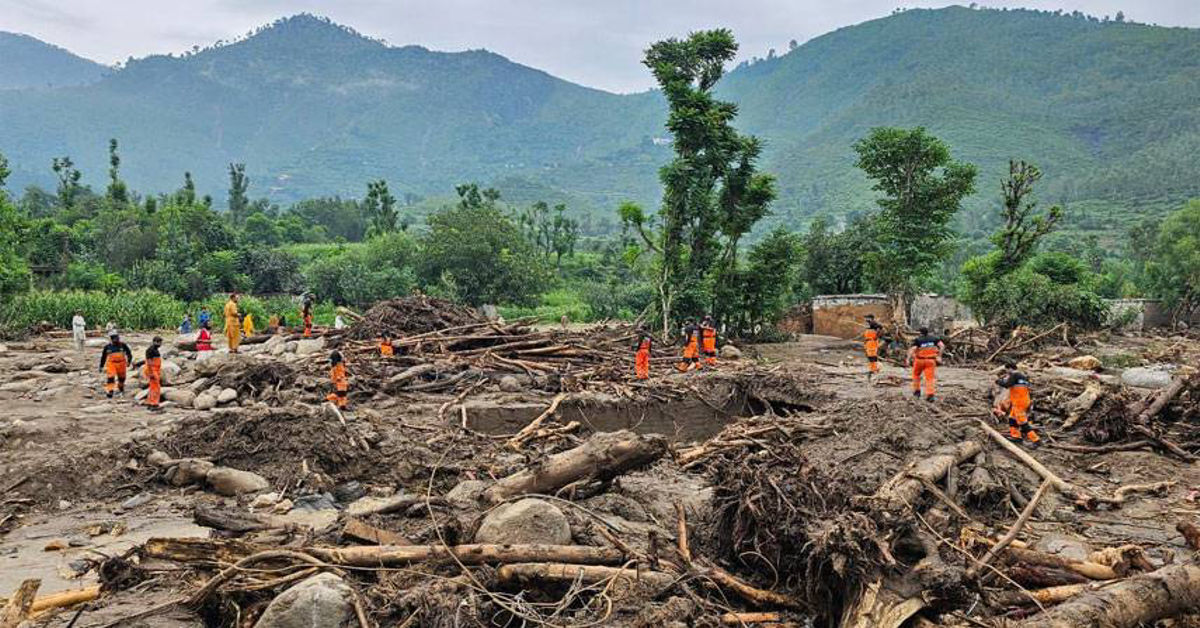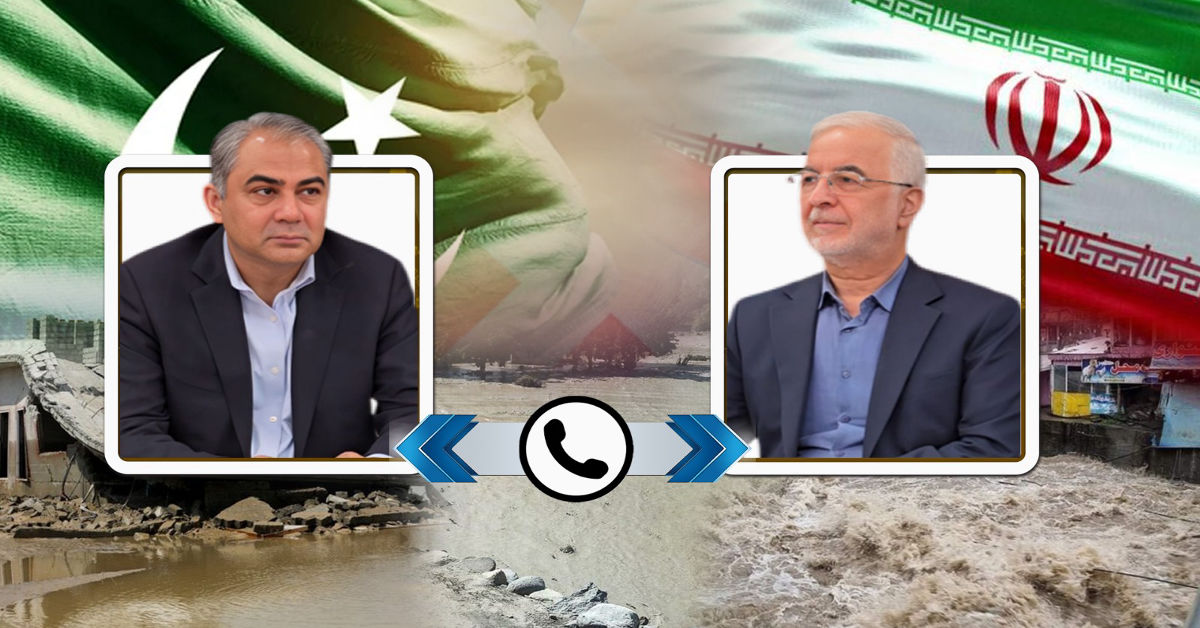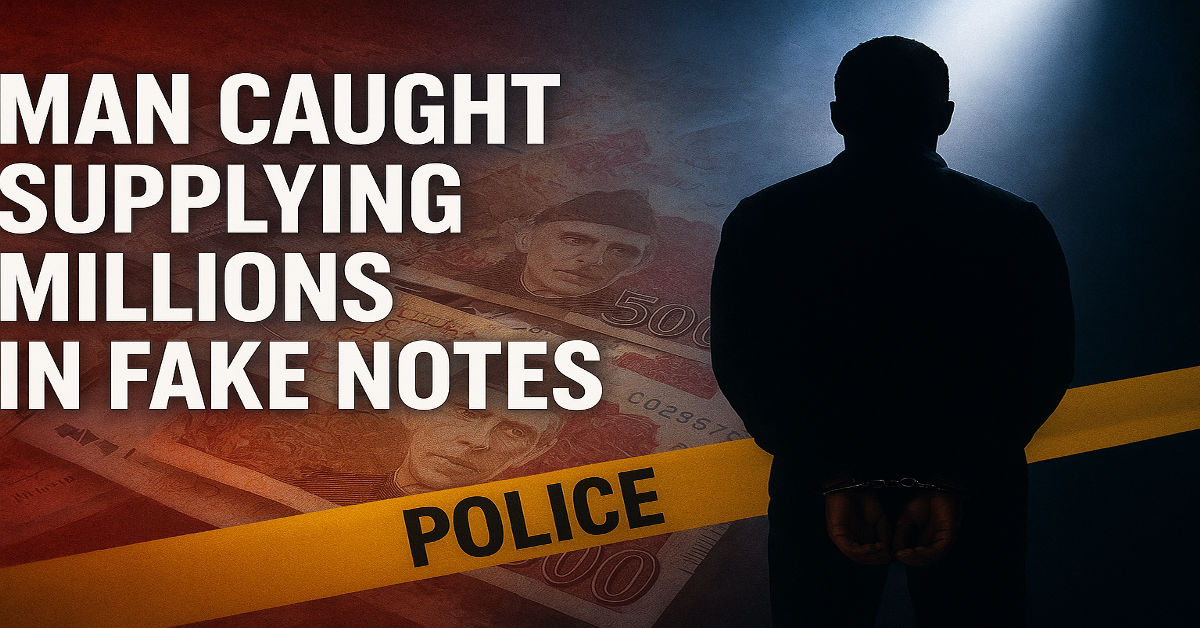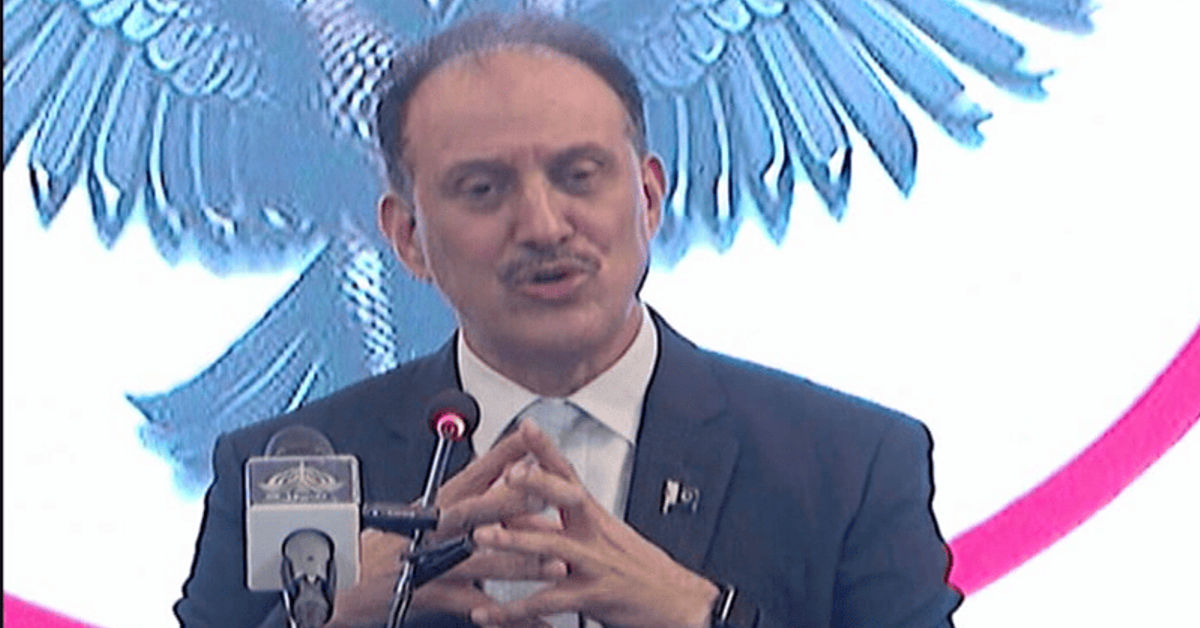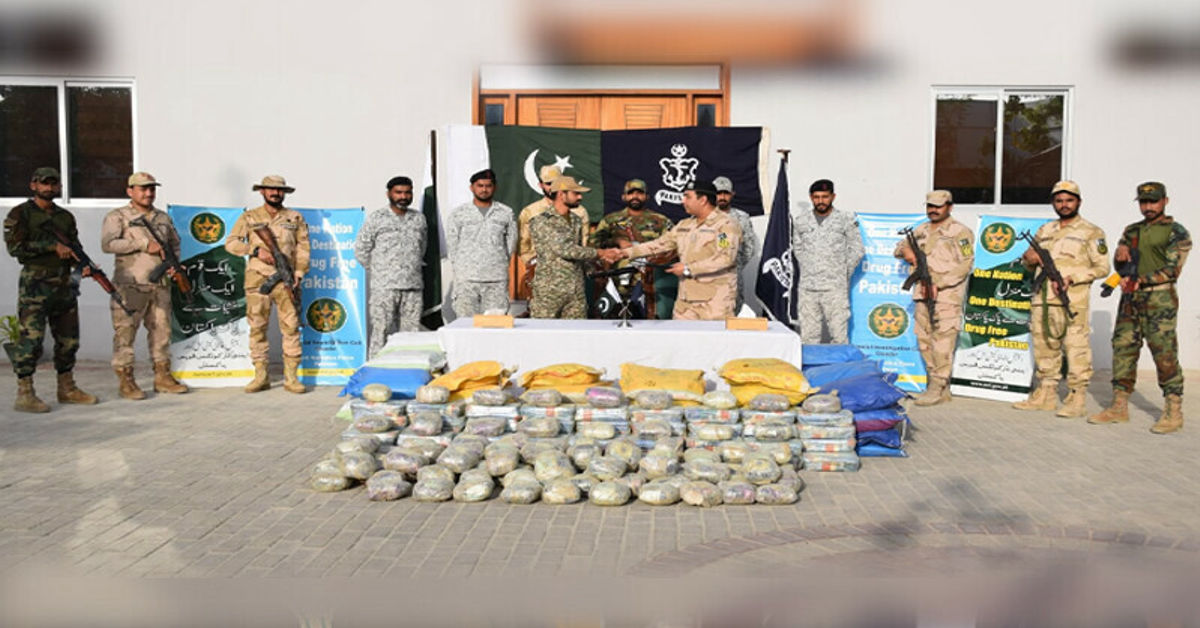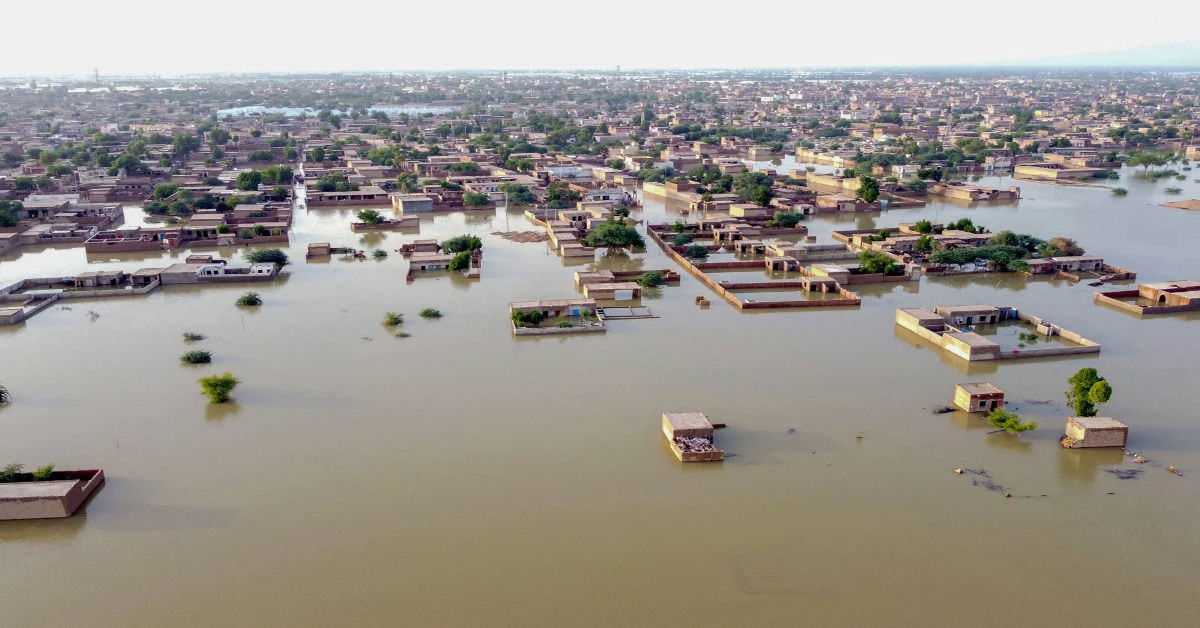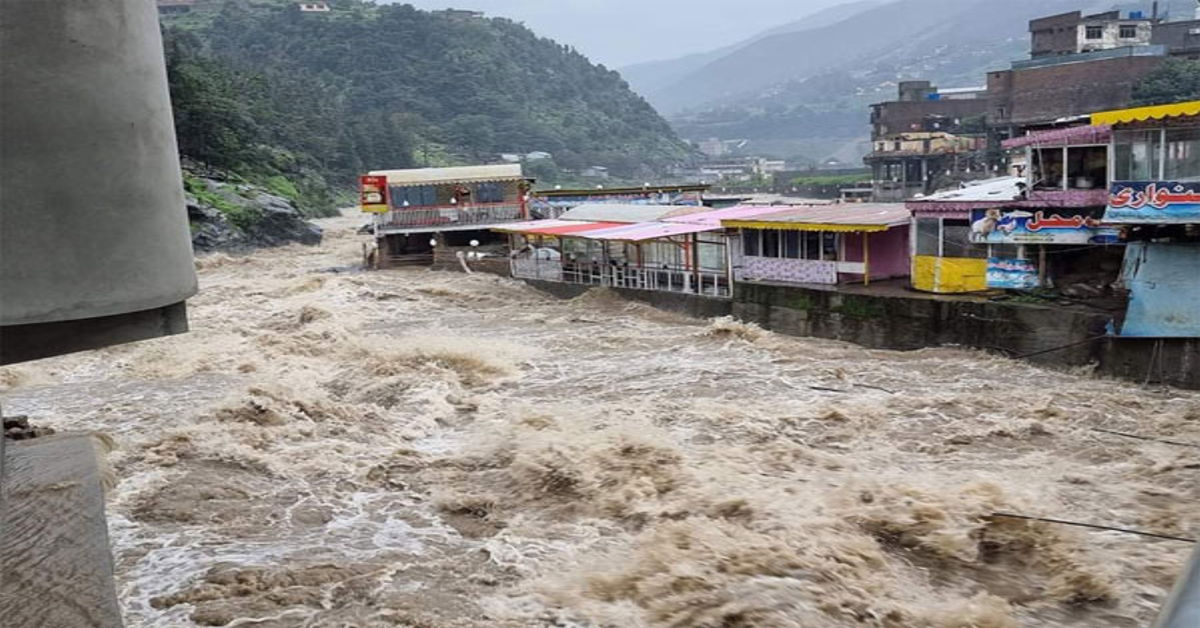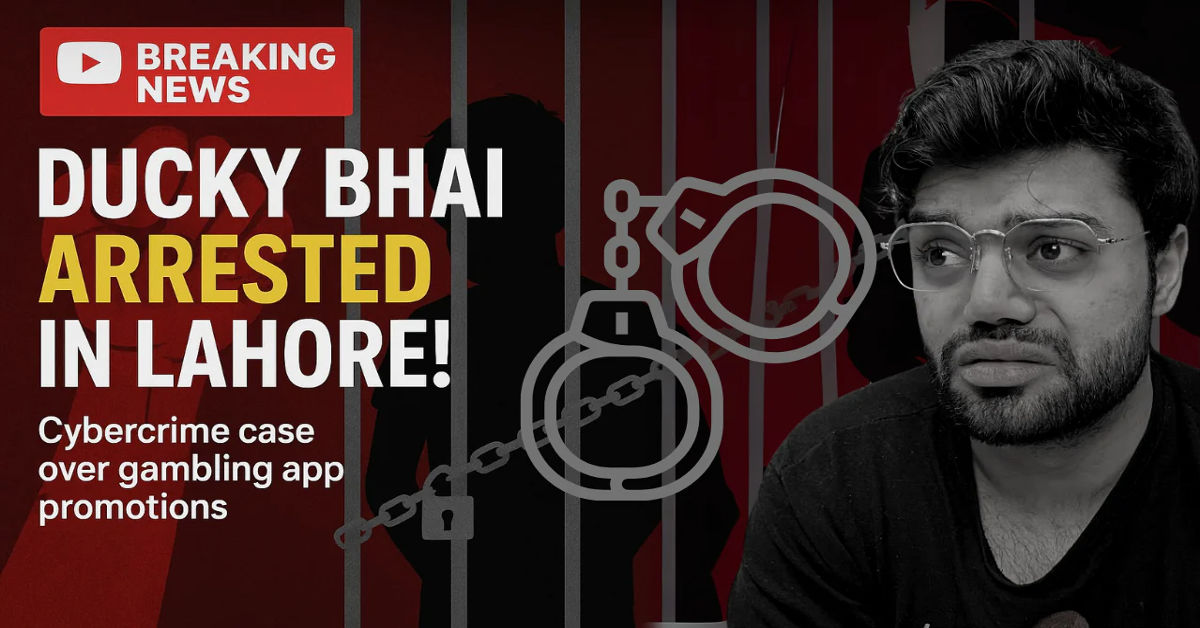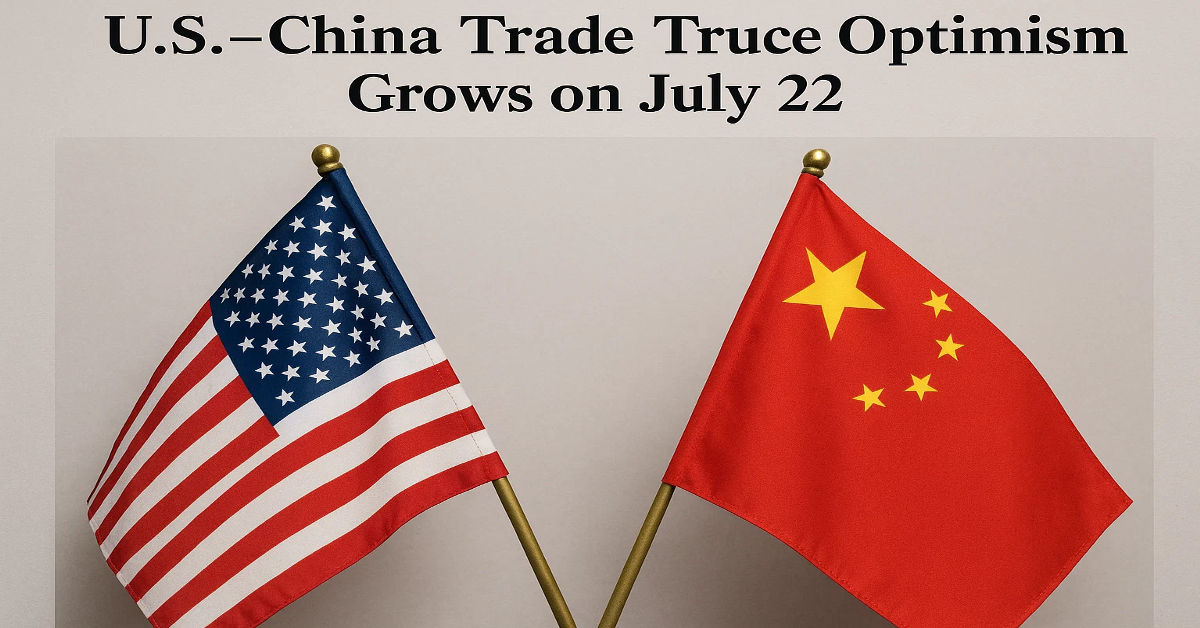
Following several days of military confrontations between Iran and Israel military powers, a temporary ceasefire was reached in order to stop the situation which was getting out of control. The two countries had been trading the air and threats after a high-tension situation. Had erupted on accusations of provocation by both nations. The ceasefire agreement to the relief of the world community that has been frightened at watching the Middle East coming to a wider war. Israel acknowledged that it was agreeing to the ceasefire. And Iran intimated that it was not going to do anything anymore, at least not yet.
Trump Asks Israel to Show Restraint
In an unexpected but an effective approach, former U.S. President Donald Trump cautioned against the Israel move to proceed with its bombing, issuing a cautionary statement, saying to Israel, “Don t drop those bombs.” His message was quite direct and at unusual time when ceasefire negotiations were being carried out. The concerns expressed by Trump are rising in the international circles that another range of strikes might reverse the fragile agreement and bring the full-scale war in the region again. His participation, though not in an official capacity, carried weight to the international appeal on peace.
Conflict Got Out of Control
The ongoing conflict between Iran and Israel has a history of several flashpoints such as proxy warfare involving Iran and airstrikes against Iran by Israel. Threats from a possible Israeli attack against Iranian positions and military installations in Syria and Iraq inspired the recent increase. Iran reacted by firing missiles on strategic Israel locations. These tit to tat situations brought the two countries on the edge of the sword that world leaders and other diplomats urged a stoppage of hostilities the quicker the better.
International Response to the Ceasefire
The international community, which comprises of the United Nations, European Union, and main powers in the region, saw the announcement of the ceasefire as a welcome move. As it happens, U.S. officials, both past and present, have been vocal. Whereas the present U.S. leadership was more diplomatic in words, Donald Trump spoke harshly with Israel and was both criticized and praised by this statement. The traditional supporters of Iran Russia and China called on restraint. With Arab nations, concerned about spillover in the region, stressing the need to talk.
The Situation of Israel after the Ceasefire
The leadership in Israel has affirmed that they accepted the ceasefire because it was in the interest of not engaging in a full-scale war but they are still alert. Israeli Defense Forces (IDF) is also on guard since intelligence claims that Iran backed militias continue to threaten Israel in Syria, Lebanon, and Iraq. Both sides threatened each other with swift and massive response to any violation of the cease fire. Israel Prime minister Benjamin Netanyahu stated this. Nevertheless, he did not deny the importance of international diplomacy as a way of pushing back tension.
The Iranian reaction to Ceasefire Offer
The Iranian leadership had earlier on gone silent but later affirmed that they would not go against the ceasefire conditions on the condition that Israel is not going to. Iranian authorities did not say anything about their wish to further expand the conflict. Yet it was clear that any Israeli attack would become a target of a proportional response. The Supreme Leader of Iran Ayatollah Ali Khamenei was ecstatic at the success of the country armed forces as he said. They had stood their ground and that the Iran policy was to defend its own interest in the region. However, even the cease fire could not make Tehran believe that the intentions of Israel are positive.
How Trump is Playing a Political Game
Observers raised their brows at Donald Trump’s statement in this regard, as he cautioned Israel against taking any further military action. Despite no longer being in office, Trump still has close working relations with Israeli leadership, especially on the right-wing political circle. Some analysts view his remarks as a political stunt to exercise world power. And establish himself as a peace broker in the country ahead of the 2024 US elections. Some feel that he is actually afraid of another war in the Middle East jeopardizing long-term American interests.
Local Tensions yet to Die Down
Though ceasefire temporarily quenched direct military stand-offs, tensions are running high across the region. Lebanon Hezbollah, pro-Iranian militia in Syria and Iraq remain a threat to Israel. Meanwhile Iranian security organs are prepared to any incursions in their soil. Red Sea and Strait of Hormuz are still flash points of sensitivities and they keep a close look at oil cargoes as well as maritime movement. The delicate ceasefire can last, though it is very dangerous.
International Diplomacy and its Role
It is evident that key international actors have been undertaking intense diplomatic initiatives behind the scenes to keep the situation under control. U.N. special envoys, European Union representatives, and diplomats from Turkey, Qatar, and Egypt. Have reportedly played an instrumental role in facilitating discussions. Biden administration leaders have been in touch both with Israeli and Iranian representatives though the details are confidential. The uncensored address by Trump to the people was a unique twist to the state of diplomatic communication. One that could have contributed to the persuasion of the masses due to the ensuing pressure on the Israeli government.
Conclusion
The Iran ceasefire with Israel is just but an eye opener because there is no immediate solution to this war. That given the deep-rooted distrusts on both sides, the situation on the brink can turn out of control in no time. Such uncertainty is highlighted by the dramatic appeal Trump made to Israel, telling them not to use the bombs. In future, the two nations should strive to opt for negotiation instead of carnage and world powers should be reliable moderators. The region can only escape another devastating war through constant communication, compromise and cautioned strategy.


